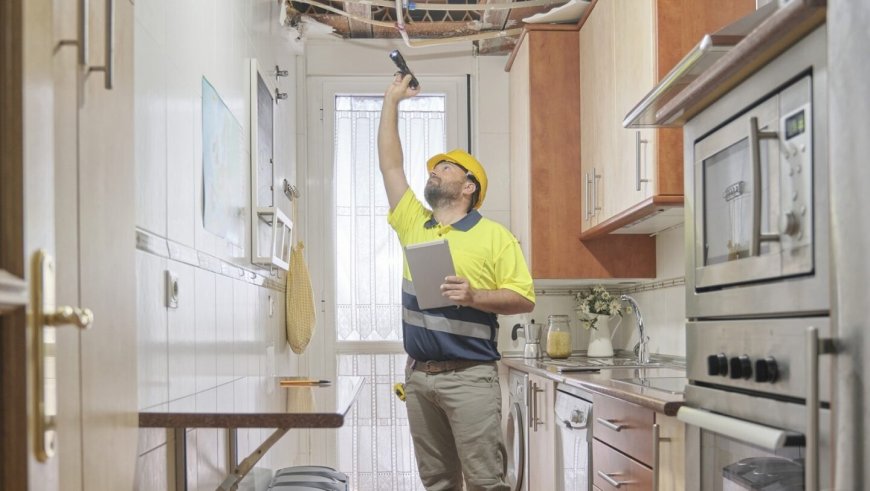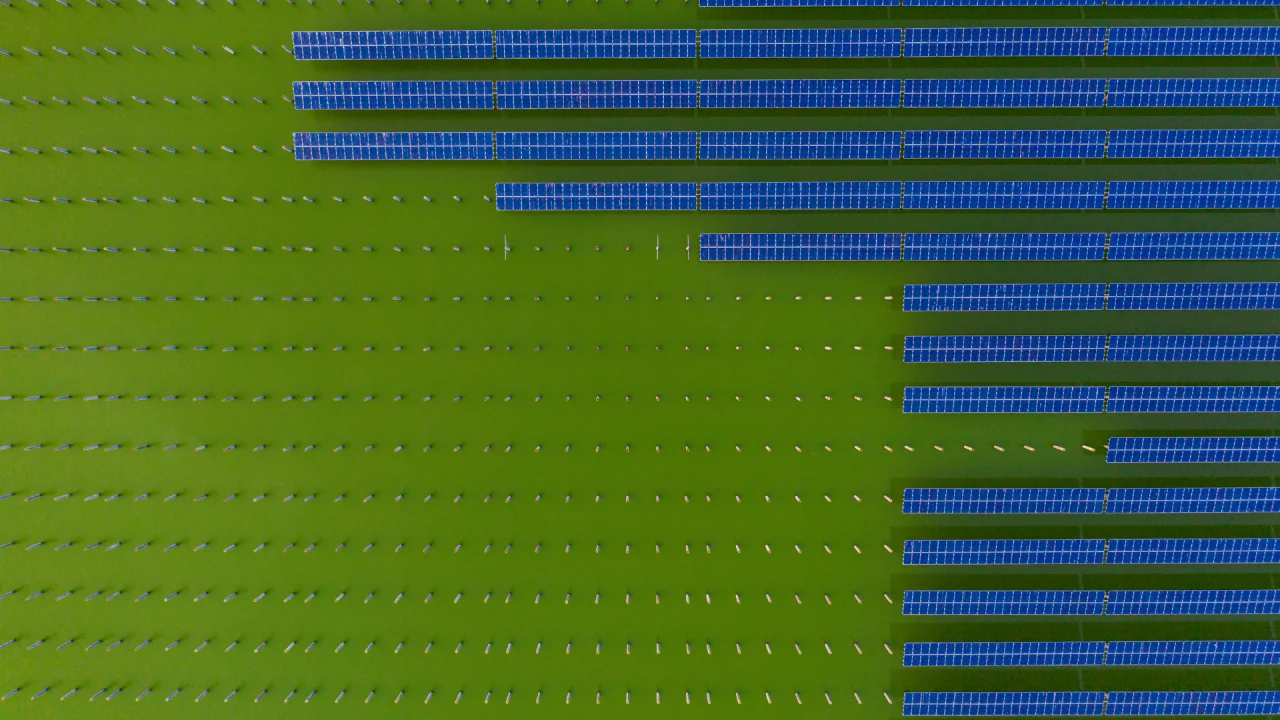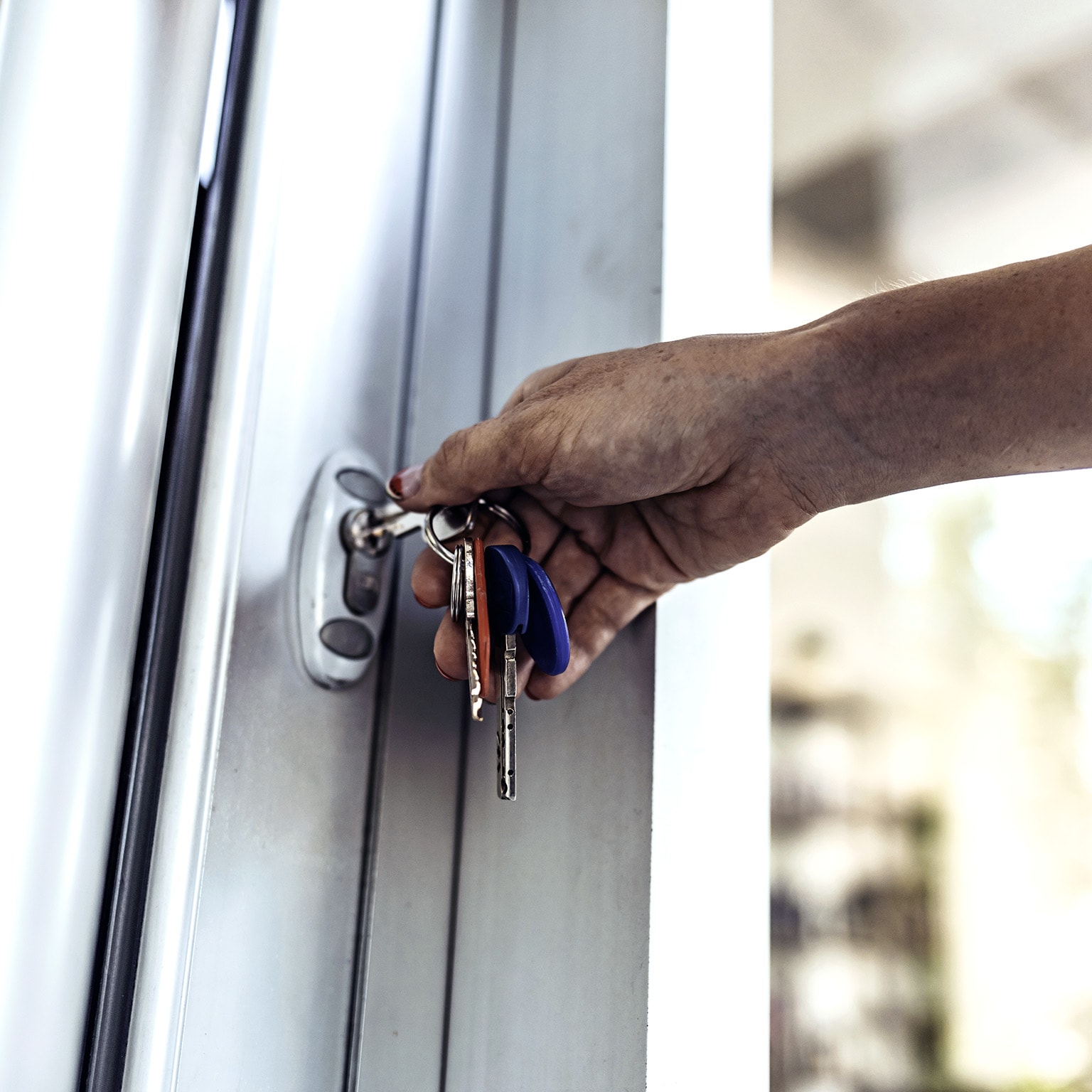What to Expect During a Home Inspection: Step-by-Step Breakdown
Are you preparing to buy a home in Massachusetts? If so, scheduling a professional home inspection is one of the most critical steps in your journey. As a Boston home inspector would tell you, this evaluation isn't just a box to check—it's your opportunity to truly understand what you're investing in before signing the dotted line.

Are you preparing to buy a home in Massachusetts? If so, scheduling a professional home inspection is one of the most critical steps in your journey. As a Boston home inspector would tell you, this evaluation isn't just a box to check—it's your opportunity to truly understand what you're investing in before signing the dotted line.
Why Home Inspections Matter
When you're caught up in the excitement of finding your dream home, it's easy to overlook potential issues hiding beneath the surface. That beautiful Victorian in Beacon Hill or that charming Colonial in Jamaica Plain might look perfect at first glance, but what about the roof nearing its lifespan? Or the outdated electrical system that could pose safety hazards?
A thorough inspection conducted by a certified Boston home inspector typically takes 2-4 hours and covers everything from the foundation to the roof and all major systems. Think of it as a comprehensive physical exam for your future home—one that could save you thousands of dollars and countless headaches.
The Cost vs. Value Equation
Home inspections generally cost between $400-$700 depending on the size and age of the property. While this might seem like just another expense in an already costly process, consider this: the average home repair costs can easily reach into the thousands. Identifying issues before purchase gives you negotiating power and helps you budget for necessary repairs.
The Pre-Inspection Phase: How to Prepare
Before your inspector even arrives, there are several steps you can take to ensure you get the most value from the process.
Selecting the Right Inspector
Not all inspectors are created equal. When choosing a Boston home inspector, look for credentials such as certification from the American Society of Home Inspectors (ASHI) or the International Association of Certified Home Inspectors (InterNACHI). Ask about their experience with properties similar to the one you're purchasing, particularly if it's an older home with historical features standard in Boston neighborhoods.
Questions to Ask Before Hiring
-
How long have you been inspecting homes in Boston?
-
What does your inspection cover?
-
Do you provide a written report, and how detailed is it?
-
Can I attend the inspection?
-
What specialized tools do you use?
-
How long will the inspection take?
-
Do you carry professional liability insurance?
Gathering Documentation
If possible, request any available documentation about the home from the seller before the inspection. This might include:
-
Previous inspection reports
-
Records of renovations or repairs
-
Information about the age of major systems (HVAC, roof, etc.)
-
Disclosure statements
-
Property survey or plot plan
The Inspection Day: What Happens
The big day has arrived! Here's what to expect when your inspector shows up at the property.
Initial Walk-Through (30 minutes)
The inspection typically begins with a general overview of the property. You'll meet your inspector (if you haven't already), and they'll explain their process. This is also when they'll note general observations about the property's condition and orientation.
During this phase, the inspector will look at the home's overall structure, checking for signs of settling, water damage, or other significant concerns that might warrant closer examination.
Exterior Inspection (45-60 minutes)
Next, your inspector will examine the home's exterior components:
Foundation and Structure
-
Foundation walls for cracks, settling, or water penetration
-
Grading around the foundation to ensure proper drainage
-
Visible structural components for signs of damage or deterioration
Roof and Gutters
-
Roof materials for damage, wear, or improper installation
-
Estimated remaining lifespan of roofing materials
-
Gutters and downspouts for proper installation and function
-
Chimneys for structural integrity and proper flashing
Windows and Doors
-
Window and door frames for proper installation and sealing
-
Operation of windows and doors
-
Signs of water intrusion around openings
Other Exterior Elements
-
Siding or exterior wall coverings
-
Decks, porches, and balconies
-
Driveways and walkways
-
Landscaping elements that could impact the home
Interior Inspection (1-2 hours)
This is typically the most time-consuming part of the inspection, as it involves examining all the interior spaces and systems:
Electrical System
-
Main panel and breakers
-
Wiring type and condition
-
GFCI protection in appropriate areas
-
Function of outlets, switches, and fixtures
-
Potential safety hazards
Plumbing System
-
Water pressure and drainage
-
Visible pipes for leaks or corrosion
-
Water heater condition and safety features
-
Fixtures and faucets
-
Signs of previous or active leaks
HVAC System
-
Heating equipment operation and condition
-
Air conditioning systems (when weather permits testing)
-
Distribution systems (ductwork or radiators)
-
Thermostats and controls
-
Estimated remaining lifespan of equipment
Interior Rooms
-
Walls, ceilings, and floors for damage or defects
-
Doors and windows from the inside
-
Staircases and railings
-
Built-in appliances
-
Signs of moisture or water damage
-
Evidence of pests
Attic, Basement, and Crawl Spaces (30-45 minutes)
These often-overlooked areas can reveal a lot about a home's condition:
Attic Inspection
-
Roof structure from underneath
-
Insulation type and adequacy
-
Ventilation
-
Signs of leaks or water damage
-
Evidence of pests or wildlife intrusion
Basement and Crawl Space
-
Signs of water intrusion or moisture issues
-
Structural components
-
Insulation and vapor barriers
-
Mechanicals are located in these areas
After the Inspection: Next Steps
Once the physical inspection is complete, your Boston home inspector will compile their findings into a comprehensive report. This typically takes 24-48 hours, though some inspectors offer same-day reporting.
Understanding Your Inspection Report
A good inspection report should be detailed yet accessible, with clear explanations of any issues found. Most modern reports include:
-
Photographs of problem areas
-
Descriptions of issues and their severity
-
Recommendations for repairs or further evaluation
-
Maintenance suggestions
-
Safety concerns are highlighted prominently
Prioritizing Issues
Not all issues carry the same weight. Your inspector should help you understand which problems are:
-
Safety hazards requiring immediate attention
-
Major defects that could affect habitability or value
-
Minor issues that should be addressed but aren't urgent
-
Maintenance recommendations to prevent future problems
Negotiation Strategies
Armed with your inspection report, you have several options:
-
Request repairs from the seller before closing
-
Ask for credits toward closing costs to cover repair expenses
-
Renegotiate the purchase price
-
Walk away if the issues are too significant (assuming your offer included an inspection contingency)
Remember that in competitive markets like Boston, sellers may be less willing to make concessions, so prioritize your requests based on severity and cost.
Common Issues Found in Boston Area Homes
Boston's housing stock is among the oldest in the country, with many homes dating back 100+ years. This means certain issues appear frequently during inspections:
Age-Related Concerns
-
Knob-and-tube wiring in homes built before 1950
-
Lead paint in homes built before 1978
-
Asbestos in various materials in older homes
-
Cast iron or galvanized steel plumbing that may be reaching the end of its life
-
Aging heating systems, particularly oil-fired boilers
Regional Issues
-
Water infiltration due to snow and ice dams
-
Foundation issues related to freezing and thawing cycles
-
Termite activity, particularly in wooden structures
-
Radon (though less common than in some regions) is still worth testing.
Final Thoughts
A home inspection is one of the most valuable steps in the home-buying process. By understanding what to expect and actively participating in the inspection, you're not just protecting your investment but also gaining valuable knowledge about the property that will serve you well as a homeowner.
Remember that no house is perfect, not even new construction. The goal isn't to find a flawless property but to enter homeownership with your eyes wide open about what you're buying. With the right inspector and proper preparation, you'll be well-equipped to make informed decisions about what might be the biggest purchase of your life.









































































































![Building A Digital PR Strategy: 10 Essential Steps for Beginners [With Examples]](https://buzzsumo.com/wp-content/uploads/2023/09/Building-A-Digital-PR-Strategy-10-Essential-Steps-for-Beginners-With-Examples-bblog-masthead.jpg)





























![Senior Support Engineer - US West [IC3] at Sourcegraph](
https://nodesk.co/remote-companies/assets/logos/sourcegraph.f91af2c37bfa65f4a3a16b8d500367636e2a0fa3f05dcdeb13bf95cf6de09046.png
)



















